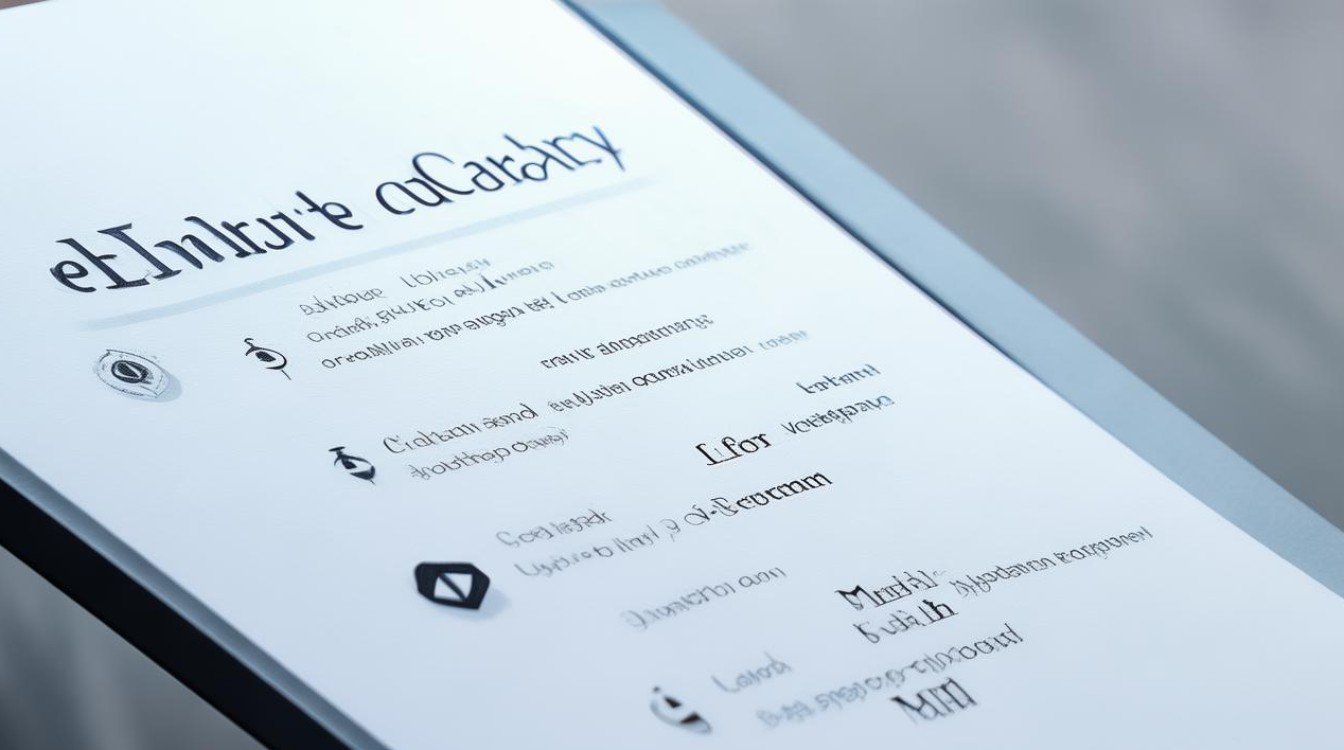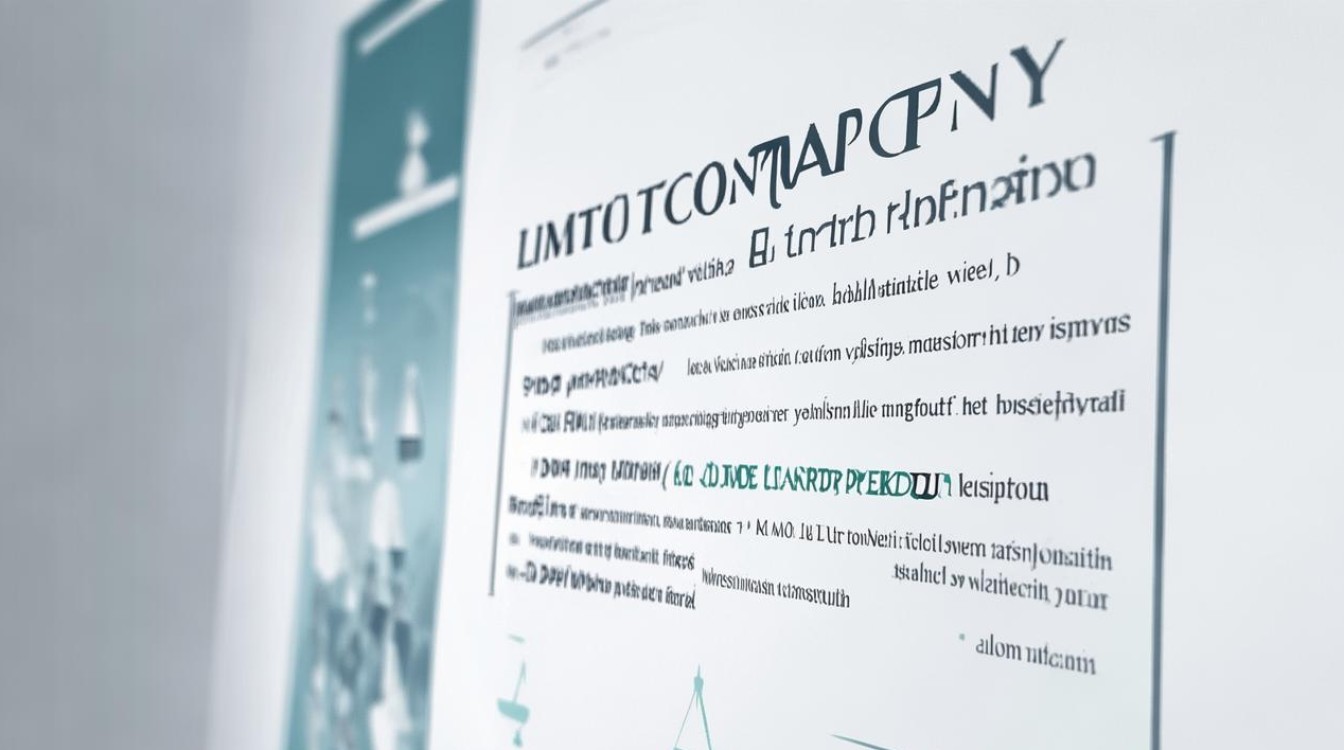When navigating the global business landscape, understanding corporate structures in different languages is essential. For Chinese entrepreneurs and professionals, translating "有限公司" accurately into English ensures clear communication in international transactions, legal documents, and corporate branding. This article explores the correct English equivalents, their legal implications, and practical usage.

The Standard Translation: "Limited Company"
In most cases, "有限公司" directly translates to "Limited Company" (Ltd.) in English. This term signifies a business structure where shareholders' liability is restricted to their investment. The abbreviation "Ltd." is widely recognized in Commonwealth countries, including the UK, Canada, and Australia.
Example:
- Chinese: 北京科技有限公司
- English: Beijing Technology Co., Ltd.
Alternative Translations and Their Contexts
While "Limited Company" is the most common translation, variations exist depending on regional legal frameworks:
"Limited Liability Company" (LLC)
In the United States, a similar structure is called a "Limited Liability Company" (LLC). While not a direct equivalent, it shares key features with a Chinese 有限公司, such as liability protection for owners. However, LLCs have different tax and operational rules.
Example:

- Chinese: 上海贸易有限公司
- English: Shanghai Trading LLC (for U.S. contexts)
"Private Limited Company" (Pte. Ltd.)
In Singapore and some other jurisdictions, "有限公司" may be rendered as "Private Limited Company" (Pte. Ltd.). This designation indicates that the company cannot publicly trade shares.
Example:
- Chinese: 新加坡咨询有限公司
- English: Singapore Consulting Pte. Ltd.
"Corporation" (Corp. or Inc.)
In certain cases, especially when a company operates internationally or seeks a more formal designation, "有限公司" might adopt "Corporation" (Corp.) or "Incorporated" (Inc.). These terms are prevalent in the U.S. but imply a slightly different legal structure.
Example:
- Chinese: 深圳电子有限公司
- English: Shenzhen Electronics Corp.
Legal and Practical Considerations
Registration Requirements
When registering a company abroad, the local legal system dictates the appropriate suffix. For instance:

- UK: Must use "Ltd."
- Germany: Uses "GmbH" (not a direct translation but serves a similar purpose)
- Hong Kong: Uses "有限公司" in Chinese and "Limited" in English.
Branding and Perception
The choice of terminology can influence how a company is perceived:
- "Ltd." conveys tradition and stability.
- "LLC" suggests flexibility, common in startups.
- "Corp." implies a larger, more established entity.
Consistency in Documentation
Legal documents, contracts, and international filings must use the exact registered name. Inconsistencies can lead to compliance issues or contractual disputes.
Common Mistakes to Avoid
- Omitting the Suffix – Writing "Beijing Technology Co." without "Ltd." can cause legal ambiguity.
- Mixing Jurisdictional Terms – Using "LLC" for a UK-based entity is incorrect.
- Literal Translations – "Company with Limited Liability" is grammatically correct but not standard.
Regional Variations in Naming
United Kingdom
- Standard: "Limited" or "Ltd."
- Public companies use "PLC" (Public Limited Company).
United States
- "LLC" for small to mid-sized businesses.
- "Inc." for corporations.
Australia
- "Pty. Ltd." (Proprietary Limited) for private companies.
European Variations
- Germany: "GmbH" (Gesellschaft mit beschränkter Haftung).
- France: "SARL" (Société à Responsabilité Limitée).
How to Choose the Right Terminology
- Determine the Target Market – If operating in the U.S., "LLC" may be preferable; in the UK, "Ltd." is standard.
- Consult Legal Experts – Local business attorneys can advise on compliance.
- Consider Future Expansion – A neutral term like "Limited" may facilitate international growth.
Practical Examples in Global Business
-
Alibaba Group
- Chinese: 阿里巴巴集团控股有限公司
- English: Alibaba Group Holding Limited
-
Tencent
- Chinese: 腾讯科技有限公司
- English: Tencent Technology (Shenzhen) Co., Ltd.
-
Xiaomi

- Chinese: 小米科技有限责任公司
- English: Xiaomi Technology Co., Limited
Final Thoughts
Selecting the right English equivalent for "有限公司" depends on jurisdiction, branding strategy, and legal requirements. While "Limited Company" is the most direct translation, alternatives like "LLC" or "Corp." may better suit specific markets. Clarity and consistency are paramount—whether in contracts, websites, or international registrations.
For business owners, ensuring the correct terminology not only enhances professionalism but also prevents legal complications. Always verify with local regulations before finalizing a company’s English designation.

